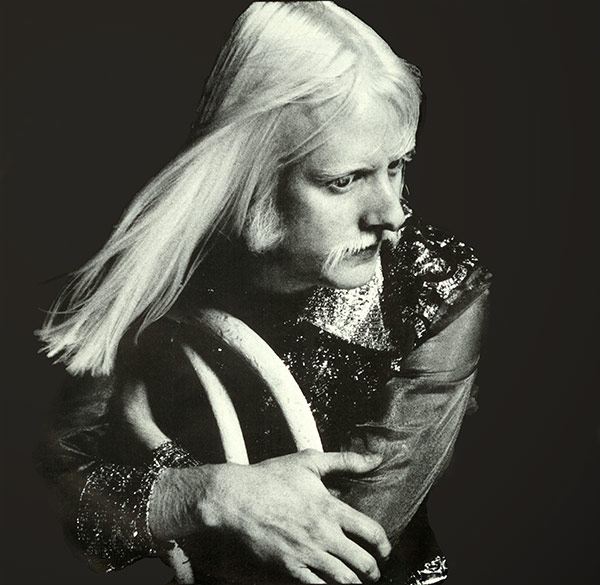Edgar Winter: A Lifelong Musical Journey with Johnny Winter and Beyond
-
Edgar Winter gets introduced as a “multi-instrumentalist” and that word always feels too polite for what he actually does. Born 28 December 1946 in Beaumont, Texas, same strange bright-heat hometown gravity as Johnny, same albinism, same sense that the room gets lighter when the Winters walk in. :contentReference[oaicite:4]{index=4}
Music didn’t “enter his life.” It was already sitting at the kitchen table. Father John Winter II (often called Johnny Winter Sr.) and mother Edwina Holland Winter raised two sons who didn’t just listen to records, they tested them. Notes, runs, mistakes, the whole glorious mess. :contentReference[oaicite:5]{index=5}
Teenage Edgar and teenage Johnny weren’t dreaming up destiny; they were trying to win a local contest and play loud enough to matter. Their first band name says everything: “Johnny and the Jammers”. Nothing academic. Just push, sweat, and the kind of teen confidence that only exists because nobody has paid the electric bill yet. :contentReference[oaicite:6]{index=6}
The brother-connection never turned into some corny Hallmark narrative, either. Edgar shows up across Johnny’s orbit in a way that feels practical: when the sound needs another color, another bite, another set of hands that can actually play. Sax, keys, vocals, percussion — whatever keeps the thing moving without turning it into polite blues homework. :contentReference[oaicite:7]{index=7}
Then comes “Entrance” in 1970, Edgar’s first studio album, and it doesn’t behave like a debut that’s waiting for permission. It sprawls. It lunges. Johnny even drops in on “Tobacco Road”, like a reminder that the family voltage is never far from the wall socket. :contentReference[oaicite:8]{index=8}
The real pop-culture lightning bolt hits with “They Only Come Out at Night” (1972). Two tracks still stalk classic rock radio like they own the place: “Frankenstein” — that stitched-together instrumental monster that keeps getting up off the slab — and “Free Ride”, a grin-with-teeth single released in August 1973, written by Dan Hartman and produced by Rick Derringer. That’s not trivia; that’s the wiring diagram. :contentReference[oaicite:9]{index=9}
Plenty of later projects exist, sure, but the most interesting thing is how Edgar keeps refusing to become a nostalgia act trapped in amber. Touring, collaborating, popping up where you don’t expect him — like the music industry’s version of a guy who “just went out for milk” and comes back three days later with a new band. B.B. King had it right: “The beautiful thing about learning is nobody can take it away from you.” Edgar plays like he took that personally. :contentReference[oaicite:10]{index=10}
Bottom line? Edgar’s best moments don’t sound like a résumé. They sound like motion: a sudden left turn, a hard stop, then the engine catches again. “Frankenstein” keeps stomping around because it’s built from nerve, not manners — and “Free Ride” still feels like trouble with a smile. That’s the kind of legacy that doesn’t need a neat little bow on it.
References
- Vinyl Records (high resolution album cover photos)
- Edgar Winter official bio (edgarwinter.com)
- Edgar Winter (overview)
- "Entrance" (1970 album details)
- "Free Ride" (single details: writer/producer/release)
- Johnny Winter (early band: Johnny and the Jammers / School Day Blues)
- Mississippi Blues Trail: Johnny Winter marker (family / birthplace context)
- Edgar Winter liner notes (early band recollection)
